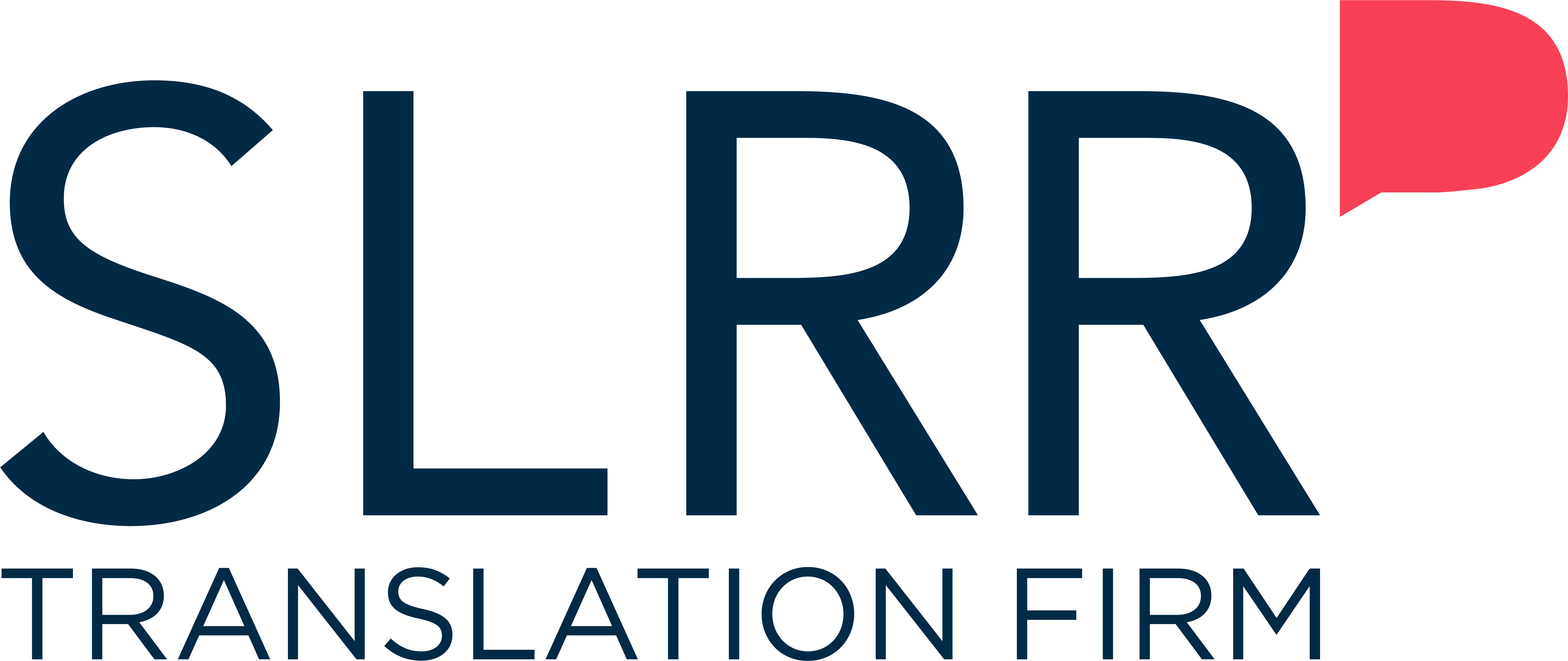
In the translation industry, it’s common to distinguish between the expressions general translation and technical translation. At SLRR Translation Agency, we adopt the definition of the word technical provided in the Trésor de la langue française: “that which concerns the applications of science [and] scientific or theoretical knowledge, in practical achievements and industrial and economic productions.” We’re thinking of user manuals, maintenance booklets, technical specifications and operating instructions.
In other words, technical translation mainly relates to sectors where specific terminology is used to guide a reader who wants to carry out a practical operation. We would also qualify technical translation as utilitarian. It is commonly found in the following fields: mechanics, environment, electronics and electricity, just to name a few. In this post, we will answer three questions that we are frequently asked about technical translation.
Technical translation and specialized translation: What’s the difference?
Sometimes, the term specialized is used to describe a type of translation. People using this term are usually referring to technical translation. At SLRR Translation Agency, we prefer to talk about technical translation, because every field is specialized in some way; it goes without saying that every translator must be familiar with the field they are translating in. We believe that the term technical corresponds better to the reality of the translator in the sense that they must have technical knowledge and use technological tools.
Remember: You’re free to use whichever expression you prefer. If you talk to us about specialized translation, we will quickly understand that you are referring to technical translation.
Who can carry out specialized translation?
Many people wrongly believe that only a specialist (like an engineer) can translate a technical document. Although engineers would definitely have an excellent understanding of the terminology used, they would not necessarily have university training as a translator. It is important to remember that translation is a profession in its own right that requires deep linguistic knowledge and skills that only university training can provide. Today, in the digital era, there are many websites that offer technical lexicons and glossaries online. This means that professional translators have the ability to educate themselves in order to become specialists in the field (after several years of specialization). It is especially important to remember the necessity of mastering the main relevant terminology tools because they ensure that the translator uses terms that are recognized by the scientific community in question.
Remember: A good technical translator is not necessarily an engineer. Specialization (through personal or school training), combined with a solid education in translation and/or linguistics, and excellent proficiency with terminology tools, is needed. On that note, it is not uncommon to see former specialists who have shifted their careers to the field of translation.
Why is technical translation more expensive?
In the translation industry, there are often two different rates: one for general translation, and the other for technical translation, with the latter costing about 25% more. Several factors justify the difference in prices. First of all, translating a technical document involves a great deal of terminological research in order to ensure the use of terms that are accepted in the field in question. This multiplies the amount of time required to complete the work. Second, as noted above, being a specialist is not sufficient to translate technical specifications in engineering. The task also requires an excellent mastery of linguistics and editorial principles. The rare combination of this double identity causes an increase in the value of this service.
Remember: Research time and a rare combination of skills are the main factors that contribute to the difference in price between general translation and technical translation.
If you have other questions about technical translation services, please don’t hesitate to contact us. We would be happy to provide you with more information.
SLRR Translation Agency




